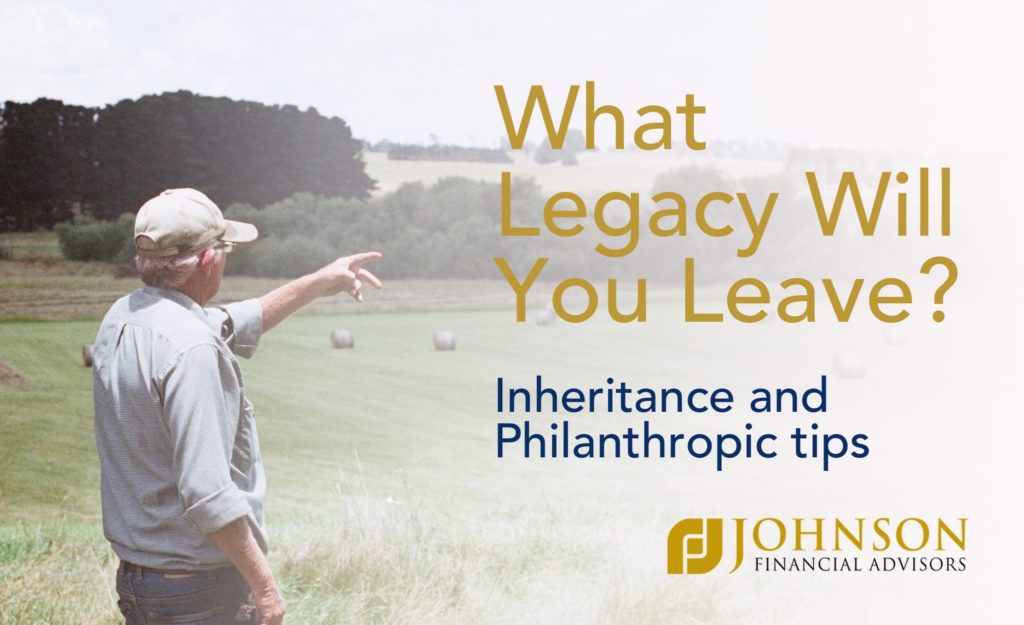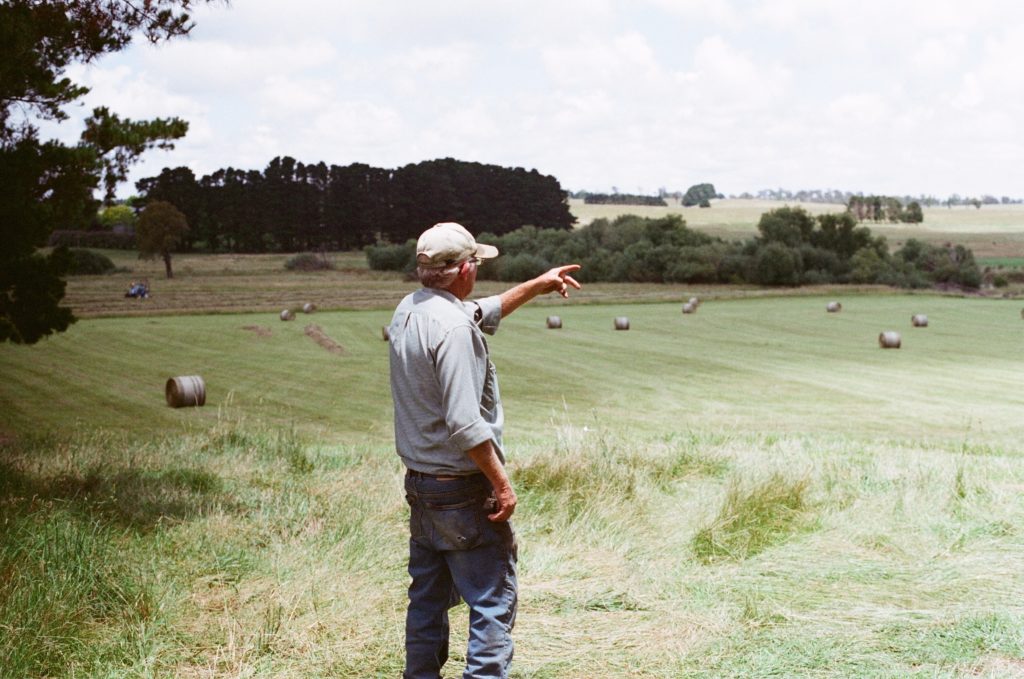
What Legacy Will You Leave?

“One has come to the full meaning of life when he is willing to plant shade trees under which he knows he will never sit…” –Elton True, The Life We Prize
Nearly sixty years ago, John Taylor (my grandfather), trimmed some large branches off a friend’s mature willow tree. He placed the cut ends of the branches into a barrel, kept it filled with water, and watched patiently as roots began to sprout over the next several months.
John was fresh out of law school, married with two kids, and trying to start a law practice in a small northern Arizona town. He and his wife had just built a new home on rangeland overlooking the community. There was no money for landscaping, but John was determined to get some trees planted so they could start growing—even if they were just “branches with roots.”
Over the next fifty years, dozens and dozens of trees, each lovingly planted by John, transformed raw land into an oasis of shade trees, climbing trees, an aspen grove, an orchard, and trees that were enjoyed simply for their beauty. Their home was a gathering spot for kids, neighbors, church and community events, reunions, you name it… John also supported tree-planting efforts in the community and gladly shared his expertise with others.
Now in his late-eighties and far less mobile, John was recently spotted by a friend coming out of Home Depot, small tree in hand. “Are you kidding me?” the friend quipped. John just grinned. He knew he wasn’t planting for his benefit—he was planting for future generations.
Pass On Your Values, Not Just Your Money
A family history website asks this question: “What will be left of your life 100 years from now to testify that you ever existed? What stories and artifacts will still exist to help your future posterity get a unique glimpse of the real you?”1 Leaving a legacy doesn’t require a large sum of money. Even simple things can have a great impact on those around us. Here are some of our favorite legacy ideas:
1: Share your life story.
We’ve had clients write and publish their autobiographies, complete with photos. But if writing a book seems daunting, just write a short summary of your life from childhood to the present. (Or you could dictate into a recording device.) Even a few pages of your personal history will be extremely meaningful to those who love you. Remember to include your feelings and experiences, not just facts and dates.
2: Provide a family history.
Knowing your cultural background and where you came from can help you develop a strong sense of who you really are. When we learn how our ancestors dealt with challenges, it helps us understand that we all face hard things. Share anecdotes and stories about the relatives that were part of your life. Genealogy websites make it easy to research and create your family tree.
3: Be a mentor.
Even if you don’t have children, you are creating a legacy that may have a greater impact than you realize. Teens and young adults are often influenced in their education and choice of career by someone who simply took an interest in them.
4: Set up an academic scholarship at your alma mater.
Many schools require at least $25,000 for an ongoing trust, but that money doesn’t have to go to the school right away. It can be spelled out in your will or trust. Just make sure to talk with the institution to find out their requirements before you list them as beneficiaries in a will or trust.
5: Champion your favorite charities.
We had a client couple with no children who took great joy in planning the distribution of their estate. At their passing, their trust gave sizable gifts to their local church and the Desert Botanical Gardens where they both volunteered for many years. They also gave to international charities that support wildlife and conservation. In short, their legacy donations reflected their passions.
 6: Personalize your estate plan.
6: Personalize your estate plan.
One couple recently shared with us their plans of “leaving a legacy” by passing on their love for music.The wife has taught piano lessons for years, including teaching piano to each of their grandchildren. Working with their estate planning attorney, this couple decided to set aside funds in their trust so that each grandchild would receive a new upright piano once they finish school and are settled. The kicker is that they have 20 grandchildren! Can you imagine the impact their gift will have on future generations?
7: Prepare an “ethical will” to accompany your legal will and trust.
An ethical will (or legacy letter) lets you convey a special message to your heirs. It can be done in writing, or as a video or audio recording. There are no strict rules because it is a non-binding document. Your last will and testament may spell out WHO will receive your possessions. Your ethical will can explain WHY certain possessions are given to specific people. This document allows you to speak directly to your loved ones and say all those things you wish you had told them earlier. It can be a way to tell your family and friends of the joy they brought into your life.
You may not think your life is unique or interesting, but it is. You have lived through some of the most dynamic decades in human history. Share what you have learned…that is your legacy.
1. FamilySearch.org
[ctct form=”2256″]
